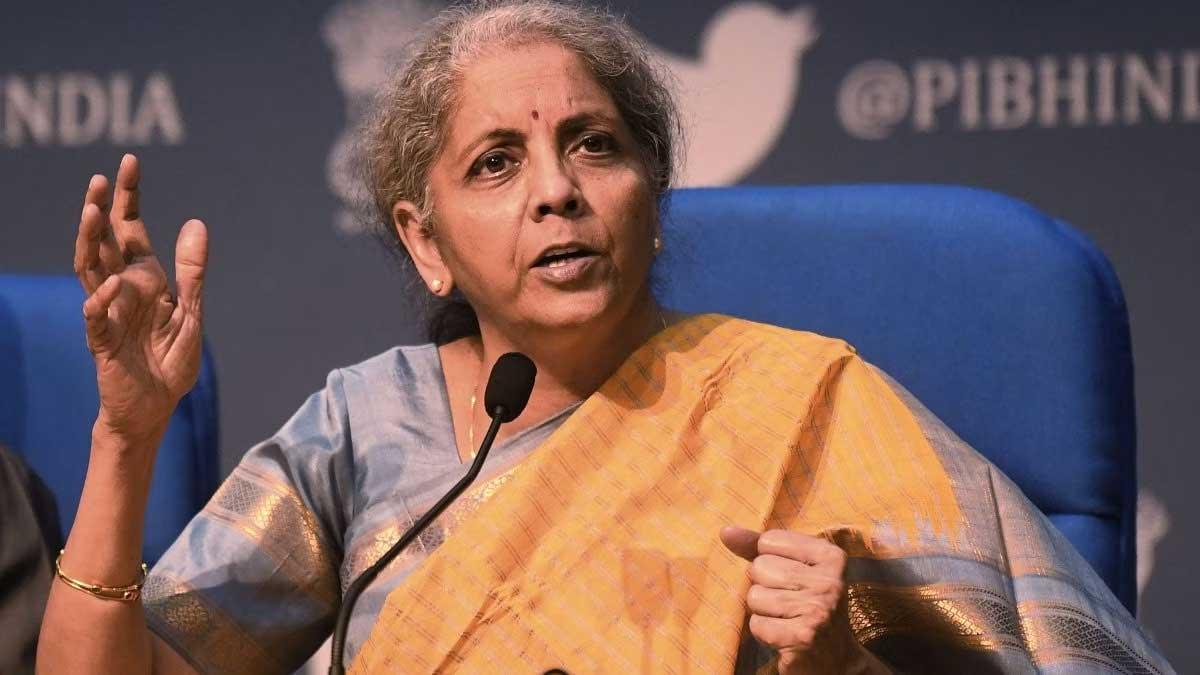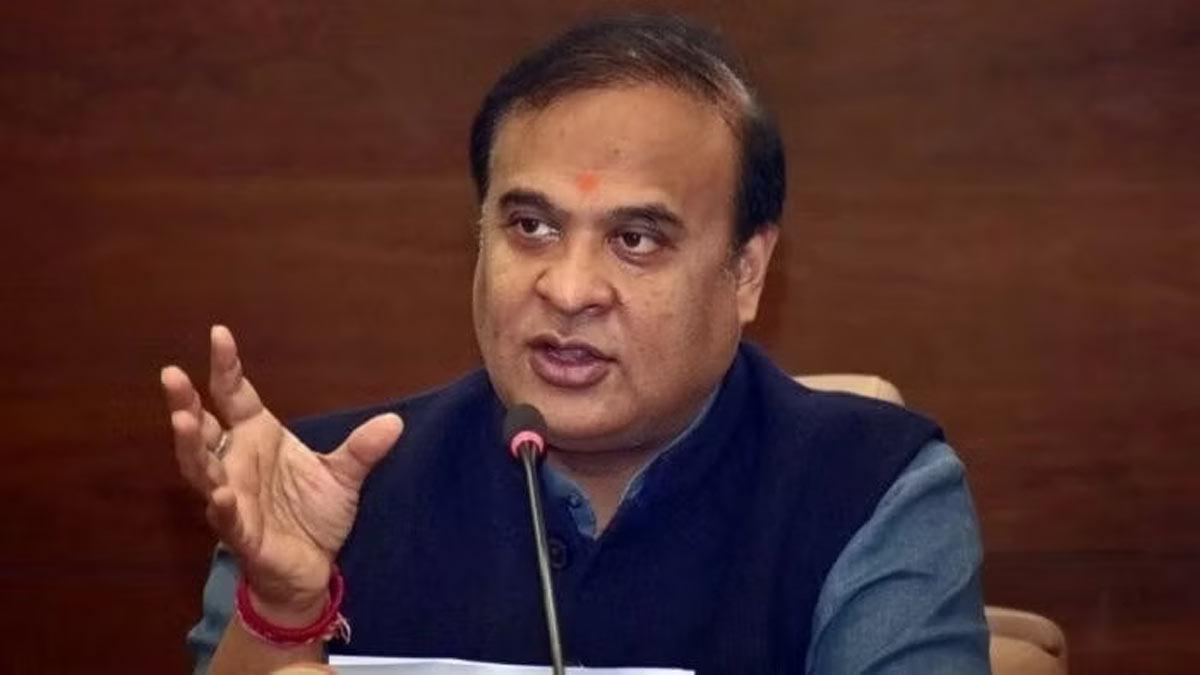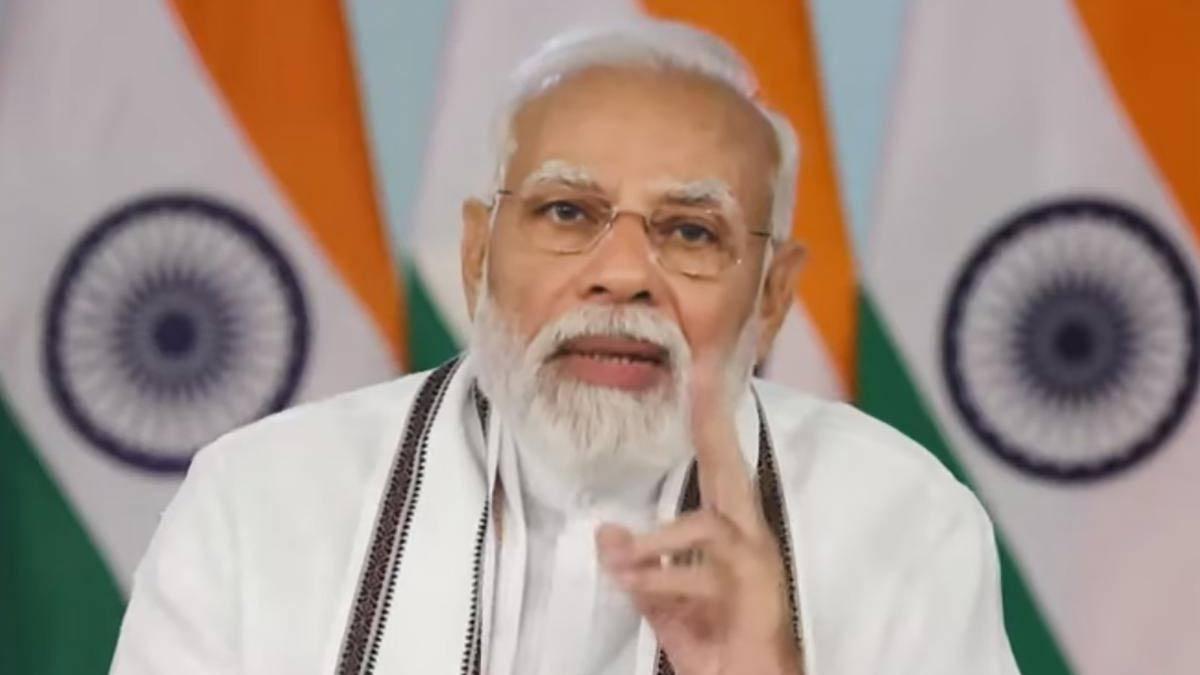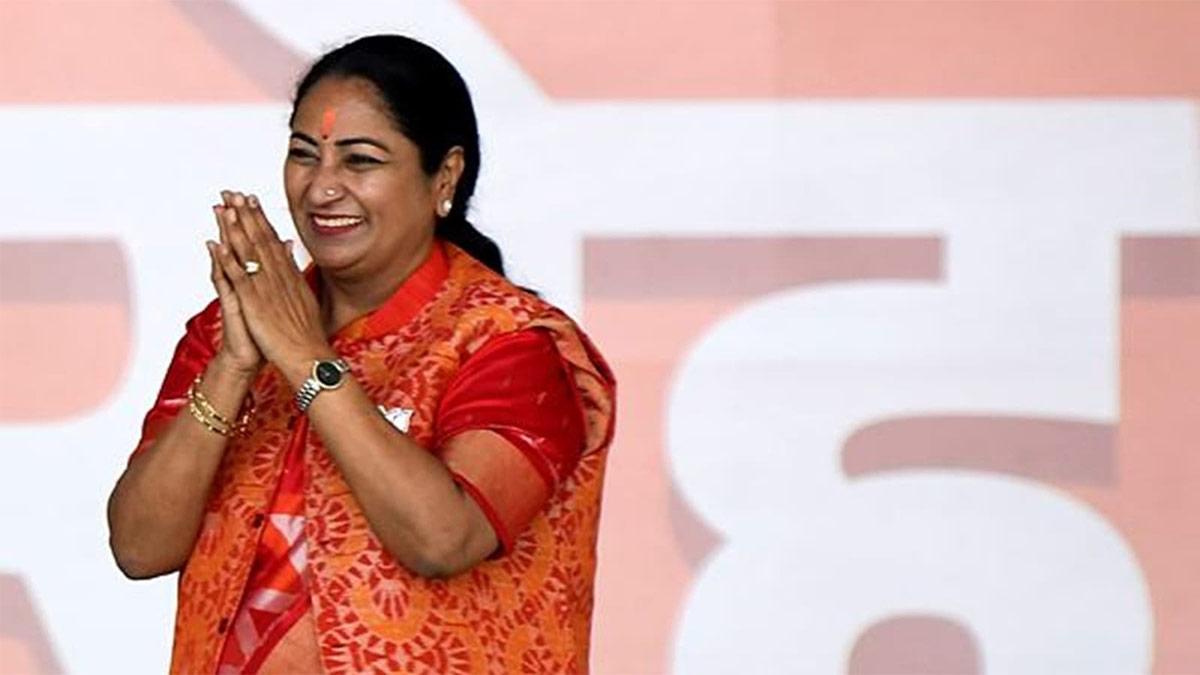Finance Minister Nirmala Sitharaman has firmly defended the restoration of Hindu places of worship, emphasizing that these actions are grounded in fairness and supported by evidence, rather than being driven by emotional motives.
The construction of the three-story Ram temple in Ayodhya has been progressing since the favorable verdict by the Supreme Court in 2019. In January, Prime Minister Narendra Modi performed the 'Pran Pratishtha' ceremony for the Ram Lalla idol following prescribed rituals.
Addressing a book release event, Sitharaman stressed the importance of presenting the narrative accurately and with integrity. "We need the right kind of storytelling, highlighting it and wherever necessary... so that the civilizational attempt to restore (temples) is done with fairness... we are not trying to emotionalize anything... emotion we have inside, but proof with which we go to the court should stand out for itself," she stated.
During the event where Vikram Sampath's book titled 'Waiting for Shiva Unearthing the Truth of Kashi Gyan Vapi' was launched, Sitharaman underscored the significance of documentation in the Hindu way of life. The Gyanvapi Mosque, believed by many to have been built on the remains of the Kashi Vishwanath temple, has been the subject of heated debate. Various legal proceedings across different courts aim to address the complexities of the dispute.
Sitharaman highlighted the rich tradition of documentation that persisted until the 11th century, citing references made by Chinese and Persian scholars who visited India in the past. However, she acknowledged a decline in this practice over time, noting evidence suggesting prolonged unrest in Kashi over an 800-year period.
She also referenced the scholarly works of Sita Ram Goel on the Kashi temple and Meenakshi Jain on the Mathura temple, emphasizing the depth of research and documentation surrounding these historical sites.


















